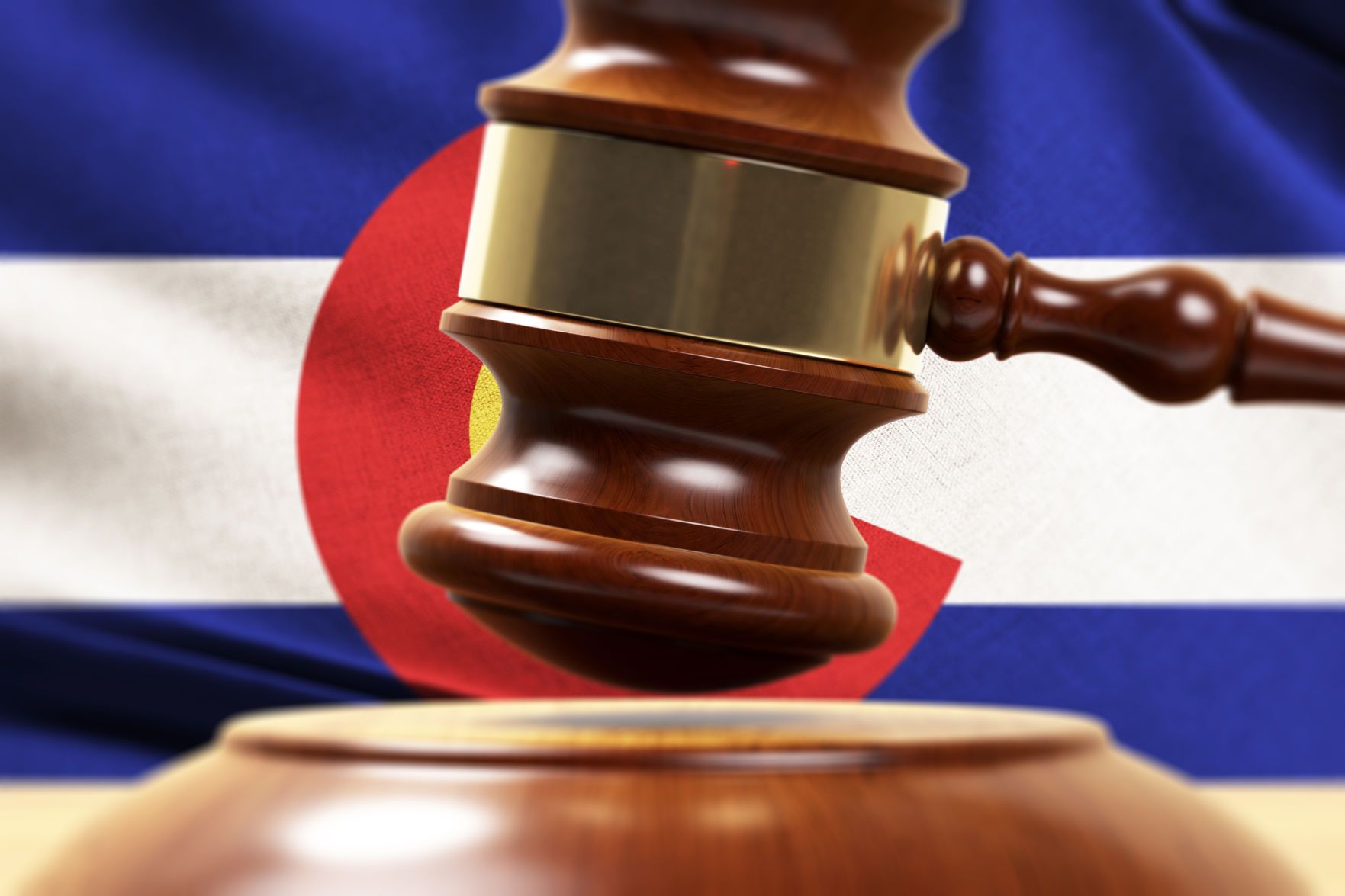Federal judge permits improper burial claims to proceed against Las Animas County coroner

A federal judge last week permitted some claims related to the improper handling of remains to proceed against the Las Animas County coroner.
Sheri Huff of Oklahoma alleged Coroner Dominic Verquer buried her deceased father with other people’s remains without consent from the landowner and in violation of his duty to the next of kin.
In a Sept. 9 order, U.S. Magistrate Judge Maritza Dominguez Braswell agreed most of Huff’s claims were not viable. But she believed Huff had plausibly stated two claims against Verquer under Colorado law: outrageous conduct and mishandling a body.
“Here, Plaintiff alleges Defendant haphazardly buried her father in a mass grave without the consent or knowledge of the landowner. She further alleges Defendant attempted to induce her to waive any legal claims against the County before Defendant would provide information about her father’s grave,” wrote Dominguez Braswell. “In the Court’s view, a reasonable person could indeed conclude that such conduct was extreme and outrageous.”
Huff’s complaint alleged her father, Fredrick Huff, died sometime before mid-September 2019, when sheriff’s officials located a decomposing body in an abandoned shed. Authorities believed him to be a local transient man known as “Fred Burger King.”
At the end of 2021, Sheri Huff, who allegedly had been trying to locate her father, reported him as missing. After receiving a potential lead, she contacted Las Animas County and learned the unidentified man from 2019 could be her father.
Although she submitted a DNA sample and waited a year for verification, she was allegedly told the sample was “destroyed for an unknown reason.” She submitted a second sample and the DNA results confirmed the deceased was her father.
Huff alleged she tried to contact Verquer in order to arrange for a headstone and memorial at the cemetery where he was buried, but Verquer would not disclose information about the cemetery’s owner unless Huff signed a liability waiver. When Huff eventually talked with the owner, he allegedly was unaware of any burials Verquer conducted on his land.
In April 2023, Huff got a loan for $5,100 to disinter, cremate and rebury her father. A witness allegedly reported that a total of five bodies were in the grave where Fredrick Huff was buried.
“Defendant Verquer owed a duty to Plaintiff and the families of the other decedents to treat their deceased family members in a manner which would not cause outrage to their sensibilities,” wrote Sheri Huff’s attorney, Jerry Douglas Fields.

Verquer moved to dismiss the claims. He first argued that under the Colorado Governmental Immunity Act, Huff needed to provide notice of her impending lawsuit to the “governing body of the public entity or the attorney representing the public entity.” She had failed to notify the commissioners of Las Animas County or the county attorney before filing suit.
Verquer also contended Huff’s allegations were not viable under Colorado law.
“Arranging for the final disposition of an unidentified body that was found in an abandoned shed, in a state of decomposition, and, authorities had no information on next of kin does not constitute outrageous conduct,” wrote attorney Leslie L. Schluter.
Dominguez Braswell initially found Huff had arguably complied with the governmental immunity law. Huff had notified the Colorado attorney general, the district attorney and the governor’s office, seemingly none of which were the proper entities. However, the mailing to the district attorney’s office was actually addressed to the county building, which was a proper entity.
“In other words, the Court knows this mailing reached the Las Animas County building, where someone accepted it,” wrote Dominguez Braswell in deeming the notice sufficient.
She agreed with Verquer that Huff could not sue for negligence, unjust enrichment or fraud. But Dominguez Braswell tentatively concluded Colorado law did allow Huff to bring a civil claim for the mishandling of a body, and that Verquer’s alleged conduct met the threshold for outrageous.
“Defendant will have the opportunity to present evidence demonstrating the reasonableness of his alleged actions or disproving Plaintiff’s allegations,” she wrote, “but at this stage, the Court merely considers the allegations as presented by Plaintiff.”
According to KRDO, a criminal investigation into Verquer’s handling of Fredrick Huff’s remains did not identify any chargeable offenses.
“We don’t disrespect a dead body,” he told the outlet last year. “We probably give more respect than we do for a live person. We treat them all the same. I had to do what I had to do. Burying them as John Doe, Jane Doe isn’t easy. I’m human.”
The case is Huff v. Verquer.













